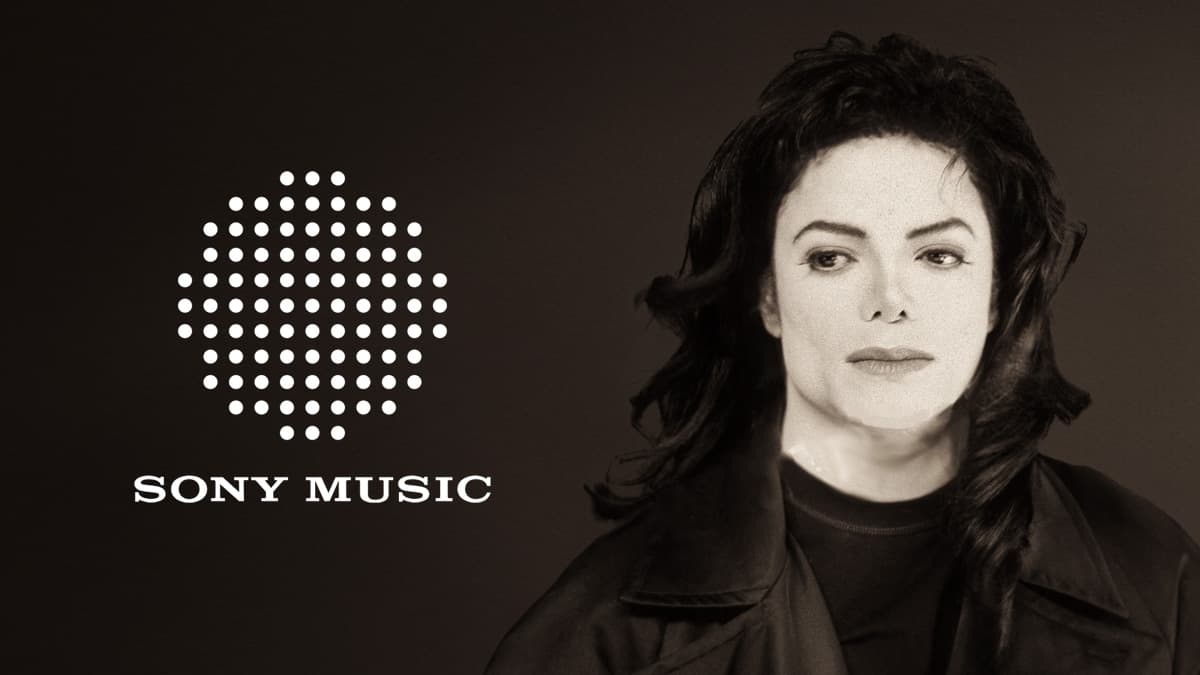Music Biopics Fuel Catalog Value Amidst "Cynical IP Management" Concerns

A growing trend in contemporary cultural production sees companies acquiring artists' music catalogs and subsequently commissioning biopics, a strategy some observers describe as "cynical IP management." This approach aims to reignite public interest in these newly acquired assets, leveraging cinematic narratives to boost streaming figures and overall catalog value. The phenomenon highlights a significant shift in how legacy music is monetized in the digital age.
Matthew Yglesias, a prominent commentator, recently articulated this perspective on social media, stating, "A lot of contemporary cultural output is cynical IP management — a company buys an artist’s old song catalogue and orders up a biopic to try to revive interest in their new assets." This observation underscores the financial motivations driving the surge in music-themed films. The success of biopics like "Bohemian Rhapsody" and "Elvis" has demonstrated their significant impact on an artist's catalog consumption, with Queen's annual streaming quadrupling after their film's release.
The music industry actively encourages Hollywood to produce these films, viewing them as crucial for exploiting catalogs and generating streaming revenue, particularly as physical sales decline. Major deals, such as Universal Music Group's reported $400 million acquisition of Bob Dylan's catalog and Sony Music's recent £1 billion purchase of Queen's catalog and $600 million for 50% of Michael Jackson's masters, exemplify this trend. These acquisitions are often followed by biopic announcements, strategically timed to maximize financial returns.
Industry analysts note that biopics serve to introduce iconic music to new generations, creating a "snowball effect" of interest and further film production. Monica Corina, a Sony Marketing executive, confirmed this synergy, stating that films "bring more awareness to the artist brand and fans to the funnel," leading to "double-digit growth post-release" in streaming. This commercial imperative often means biopics are developed with significant input from artists' estates or the companies holding the rights, raising questions about historical accuracy versus brand management.
With dozens of music biopics currently in various stages of production, from the Bee Gees to The Beatles, the strategy of linking catalog ownership with cinematic storytelling is firmly established. This integrated approach allows companies to capitalize on established fanbases while cultivating new audiences, ensuring long-term profitability for their valuable intellectual property.